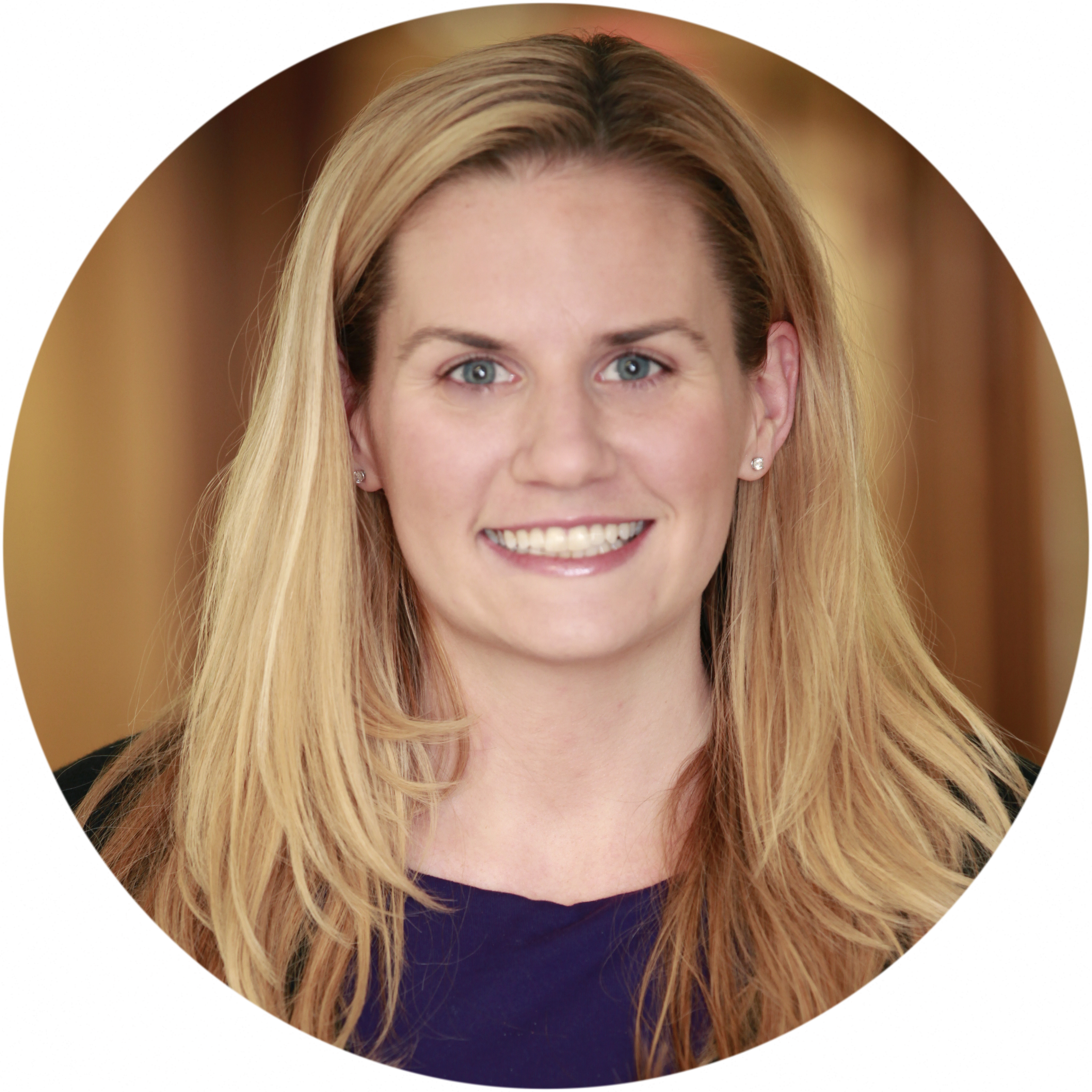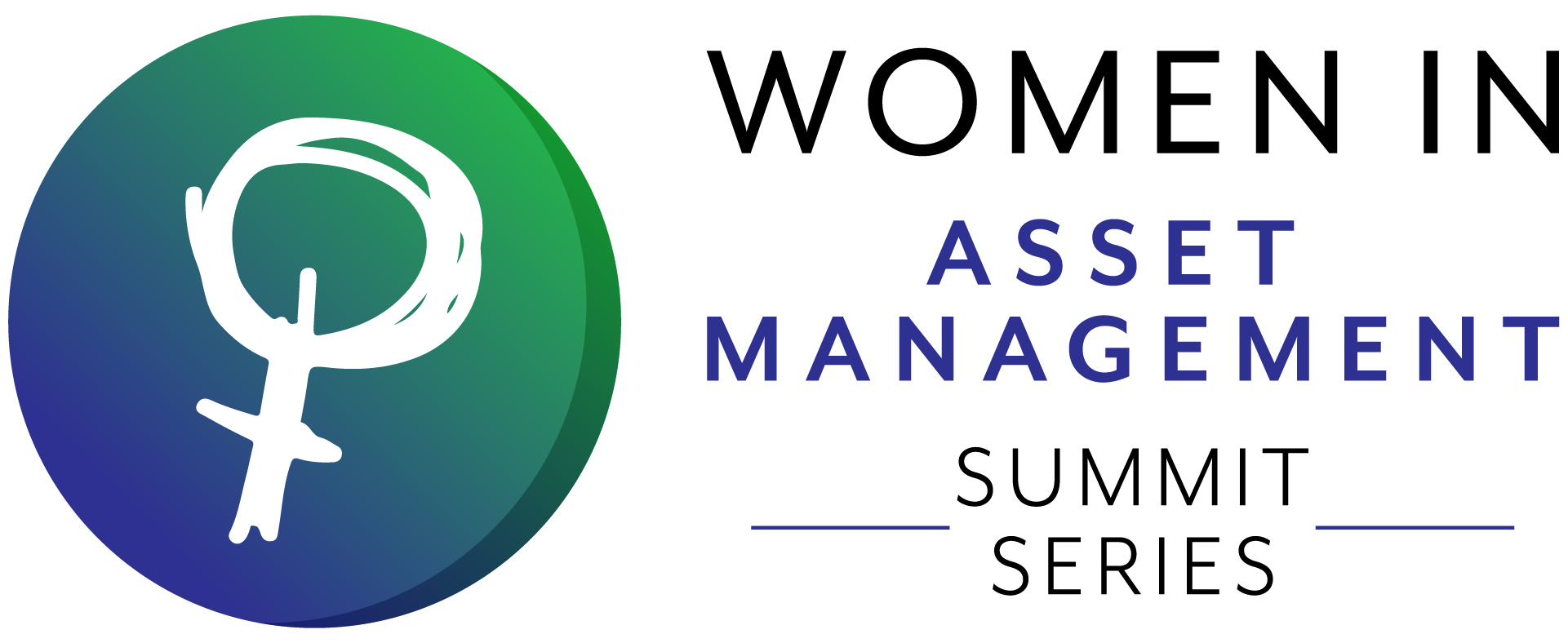AN INTERVIEW WITH SARAH BRATTON HUGHES, HEAD OF SUSTAINABILITY, NORTH AMERICA, SCHRODERS

Sarah Bratton Hughes
Head of Sustainability, North America
Schroders
”At Schroders, responsible investment principles drive our investment decisions and the way we manage funds. We see ourselves as long-term active owners of our clients’ capital and this philosophy naturally leads us to focus on the long-term prospects for companies in which we invest.”
WIAM: Is ESG investing in a bubble?
No, ESG investing is not in a bubble, we are in the midst a paradigm shift when it comes to sustainable investing in which it has moved to the mainstream globally. As social and environmental externalities are becoming more costly, we moving from a world focused on just risk and return to adding a third dimension – the identification of impact risk.
While there are thematic pockets often associated with ESG that one could argue are overvalued, sustainable investing goes far beyond investing in solar panels or hydrogen. Companies do not operate in a vacuum; their long term competitiveness, profitability and value are closely tied to their abilities to adapt to, and take advantage of, structural social and environmental trends. Understanding and incorporating trends such as globalisation, changing political landscapes, ecosystem disruptions, urbanisation, resource depletion, demographics, climate change, shifting employee attitudes or evolving consumer tastes are critical to companies’ long term success.
ESG is here to stay for 3 reasons: increasing end consumer demand, favorable economics and the massive policy movement globally creating tailwinds for sustainable investing, both now and for the future.
WIAM: How ingrained are ESG principles in your operations?
ESG principles are embedded in both our corporate and investment operations.
Schroders has been investing sustainably for over 20 years we have achieved full ESG integration across all our managed assets globally. At its core, sustainable investing at Schroders is focused on providing our clients with superior long-term risk adjusted returns. We are focused on investing in sustainable companies can “beat the fade” as superior operational performance is often overlooked by the market in the long term – this results in strong compounding returns, lower volatility and drawdown risk, lower cost of capital.
At Schroders, responsible investment principles drive our investment decisions and the way we manage funds. We see ourselves as long-term active owners of our clients’ capital and this philosophy naturally leads us to focus on the long-term prospects for companies in which we invest. We believe successful investment is intrinsically linked to identifying, understanding and incorporating the effects of environmental, social and governance (ESG) trends in our decisions and ownership.
While ESG issues are sometimes difficult to quantify, we recognize these factors can have a material impact on a company’s performance both in the short and long term, as well as the inherent risk of investing in a company. Therefore, we firmly believe analysing a company’s exposure to, and management of, ESG factors, in addition to traditional financial analysis, will enhance our understanding of a company’s fair value and ability to deliver sustainable returns.
Our integration approach spans the breadth of the ownership lifecycle, from identifying trends and analyzing companies through ownership, engagement, voting and reporting. Schroders has been incorporating ESG considerations into our fundamental research and security selection process for more than twenty years. We published our first corporate governance policy in 1998, followed by our Responsible Investment policy in 2001. Since then, the information and tools available to us, our resources, the depth of our expertise and our approach to integrating Responsible Investment principles has evolved, but our commitment has remained the same: to be active owners of the companies in which we invest and to reflect environmental, social and governance (ESG) factors as part of our overall investment process.
At Schroders we have developed a robust proprietary toolkit that allows over investors to quantify these structural risks and opportunities. We analyze traditional and non-traditional data to assess the costs and benefits that companies impose on people and the planet, the risks that unsustainable practices pose to their businesses and how they are responding. Our ability to quantify this impacts into hard data and dollars, gives us the ability to measure through robust portfolio sustainability analytics and manage through our active engagement program – encouraging companies to be more sustainable – improving outcomes for both our clients and wider society.
As a global investment manager, we have an important part to play in shaping the future for all our stakeholders. We are committed to delivering sustainable value for our clients, and our focus on doing the right thing for them, our people, and wider society is at the heart of our culture.
We continue to build on our values, culture and progress to date. Our focus is on advancing inclusion and diversity, making sustainable improvements to society, and having a positive impact on the environment.
We are also developing our leadership ambitions in two specific areas: reducing inequalities and combatting climate change. Here we can bring the full capabilities of our business to bear and create a lasting impact. Our approach directly addresses three of the UN SDGs (8 Decent work and Economic growth; 10 Reduced inequalities and; 13 Climate action) and touches on many others.
To support resilience and cohesion within organizations and society, we continue to build on existing programs of work covering workforce wellbeing, human rights and social mobility. We also want to help lead the transition to a low-carbon economy. We have committed to setting a science-based target in line with a 1.5°C emissions reduction pathway and to reaching net zero by 2050 or sooner.
In January 2020, we became a signatory to the UN Global Compact (UNGC), the world’s largest corporate sustainability initiative. The UNGC recognizes business as a force for good. We have reviewed our approach to corporate responsibility (CR) and have aligned it to the 10 UNGC principles, which relate to the four key areas of human rights, labor, environment and anti-corruption. The 10 principles are derived from the Universal Declaration of Human Rights; the International Labor Organization’s Declaration on Fundamental Principles and Rights at Work; the Rio Declaration on Environment and Development; and the UN Convention Against Corruption.
UN Global Compact’s four pillars As a signatory to the UNGC, we are showing our commitment to taking strategic action to advance broader societal goals, such as the UN Sustainable Development Goals (SDGs). In 2007, we signed up to the UN Principles on Responsible Investment, the world’s leading proponent of responsible investment. It has awarded Schroders an A+ rating for the sixth consecutive year.
WIAM: What are you doing to recruit, train and retain women and diverse employees?
Over the last year we have expanded our North American programs to increase a diverse set of candidates across the spectrum of skill set and level. Our Graduate Trainee Program is a 2 year program designed to give exposure across the business to individuals who are interested in asset management. Our Internship Program is a newly developed program aimed for college students to give them 8 weeks structured on the job work experience, with the aim to convert some of this talent into new hires for the graduate program. Our High School Internship Program is a new one year program to identify talent that wants to enter the workforce after high school to get on-the-job training and education in the industry, as an alternative to going to college, or as a stepping stone to college. Our Ex-Military Internship program is also a new one year program to enable those who have returned from service to enter the asset management industry. We developed our Schroders Insights Experience which is a new program giving High School and College students a two day experience providing them with insight into the asset management industry, the difference we make to our clients and what career opportunities are available.
We recognized that our working practices would change over the long term and a company-wide survey showed a desire for greater flexibility. We adopted our flexible working charter in response, setting a new industry standard. In 2020, Schroders announced a flexible work policy across businesses. The move empowers employees to adopt working practices that best meet client responsibilities, business requirements and their individual working patterns, while also ensuring that we still have face-to-face interaction to maintain our culture of collaboration, innovation and strong productivity. It allows individual teams and employees to decide when, how, and where we work to best support clients and the firm, recognizing the value we place on meeting in person, and the benefits it brings to overall productivity.
We introduced a competitive benefits programs including 16 week paid maternity leave, 4 weeks paid non primary caregiver leave, flexible working, wellbeing and mental health support, reimbursement for physical activities – gym, cycling, etc. programs, and access to programs, for example, like the Ellevate network provides networking and learning opportunities for women, and Villyge, which is a partner who provides support for working parents.
WIAM: How do you get the entire company—including your leadership team—on board with DEI initiatives?
We take immense pride in our culture. By promoting flexible working, championing diversity and making health and wellbeing a priority, we have created the conditions for our people to thrive, and it was proven during and as we emerge from the pandemic. Schroder’s commitment involved transparency around race, ethnicity and gender which allowed us to develop and implement tangible, measurable actions to influence and improve conditions outside of our organization. We reached 33% target of female representation in senior management (41% female employees overall). For our North America business, we are incredibly proud that we exceeded this representation target as 35% of our women are in senior management.
We have joined the “Coalition for Equity & Opportunity” alongside many other financial institutions to improve economic equity. This group is committed to 4 key pillars: investing in underserved communities, building a diverse talent pipeline, which includes setting ethnicity targets, diversify suppliers and business partners and improving workforce equity and transparency. This includes publishing our EEO-1 data for North America and building on the gender pay gap reporting.
Lastly, employee-led inclusion. Our 13 active Employee Resource Groups across the business include gender equality, sexual orientation, disability, mental health, religion and ethnicity groups. They are key to our identity as an inclusive place to work. Members run events to celebrate what’s important to them and work together to raise awareness around challenges that underrepresented groups might face.
WIAM: What does it mean for you to have a commitment to diversity?
Commitment to diversity comes from the top. As our Group CEO, Peter Harrison has said, “real flexibility is at the center of a more inclusive and diverse organization, allowing us to tap into pools of talent we may not have identified previously, and I believe it will provide greater opportunities for women to build rewarding careers at Schroders.”.
Personally, a commitment to diversity results in an innovative, supportive, results-driven, inclusive culture – a place that I want to work.
You can hear more from Sarah at the Women Asset Management Summit on September 8th 2021. You can view the full agenda and register for your free place here.

